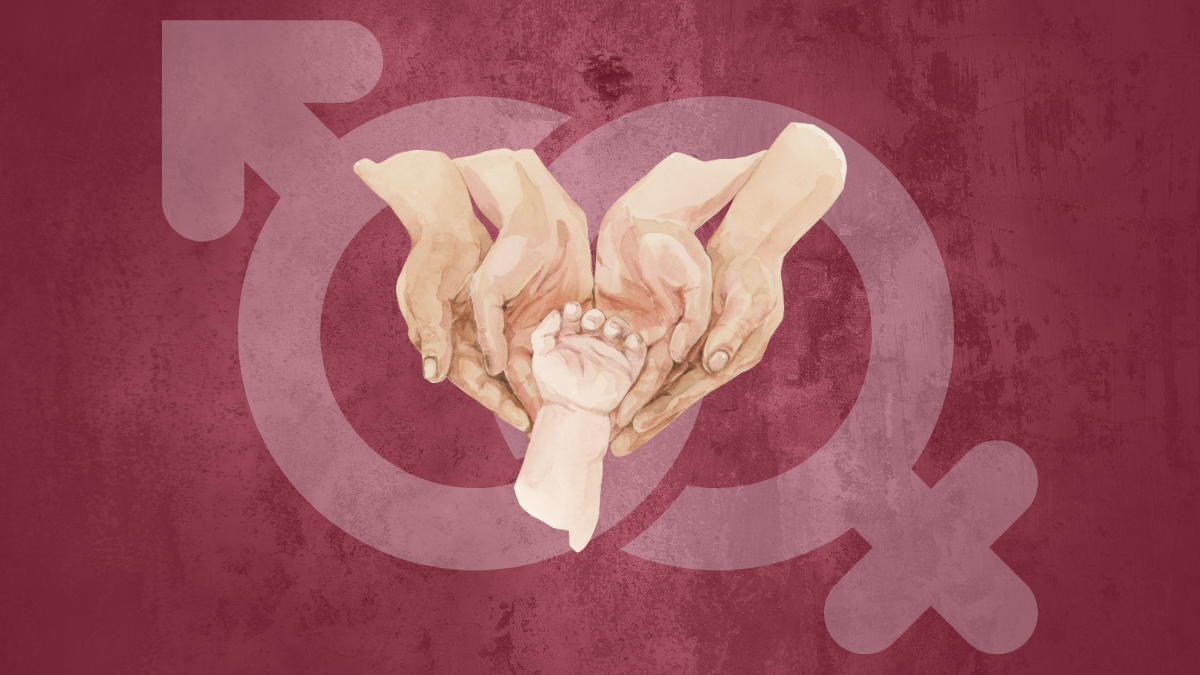Source: NC Newsline
Last week, North Carolina Senate Republicans advanced a bill that would ban gender-affirming care for transgender youth. The bill, which is stricter than its House counterpart, would make it illegal for health care professions to provide gender-affirming care for youth across the state.
Medical professionals, advocates, and state Democrats have raised alarms over the impact of this bill; with one state Senator warning that the bill may add to the ever-growing youth mental health crisis.
“Children time and time again, especially with regards to trans children, the ones that we are talking about, disproportionally commit suicide and there is tons of data that says when they have access to this care, the chances of them committing suicide decrease by more than 50%,” Sen. Sydney Batch stated during the Senate Judiciary Committee last week.
In the last few years, the American Academy of Pediatrics has declared a state of national emergency over the youth mental health crisis plaguing the country. The creation of laws that target transgender youth and deny parents rights in their decision about health care for their children’s needs has steadily attributed to the crisis.
Polling from The Trevor Project found that 86% of transgender and nonbinary youth said debates around state laws targeting transgender people’s rights, much like North Carolina’s Senate bill, negatively impacted their mental health.
Nearly 1 in 5 transgender and nonbinary youth attempted suicide in the past year, according to The Trevor Project.
“[The bill] just marginalizes us more, just pushes us out of the mainstream more, and it gives bigots more ammunition,” D Sellars, an advocate and local parent, told The Associated Press.
Prior to the vote, medical professionals and North Carolinians rallied outside the state General Assembly to advocate against the controversial bill; arguing that transgender youth in the state are being targeted.
“It’s not an overnight decision,” stated Margaret Bilodaeu during the rally. “I think that parents should still have the right to consent to lifesaving medical care for their children whether or not my next-door neighbor thinks that. That’s my right as a parent.”
Read more at NC Newsline





